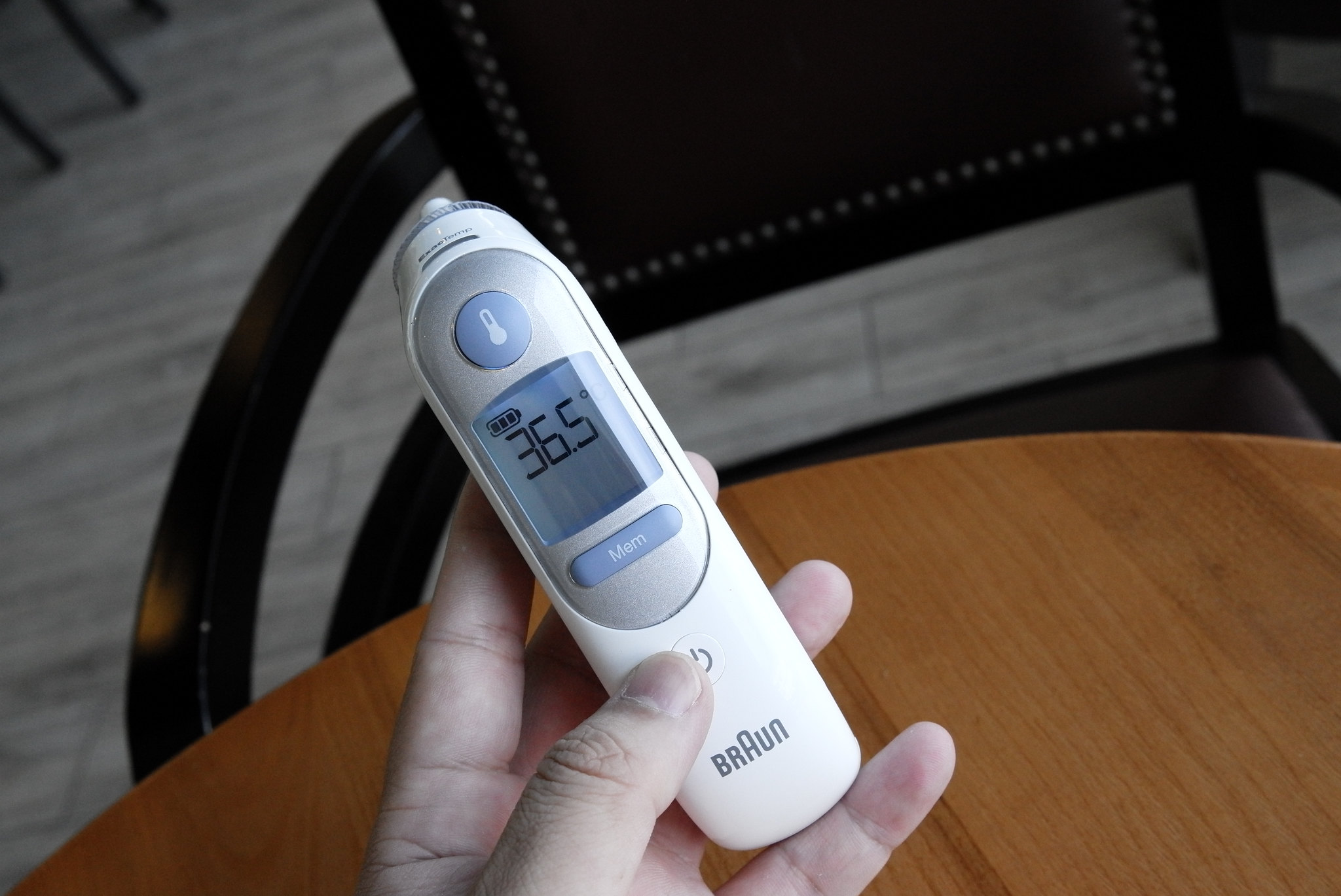
June 12, 2020 Ottawa Transport Canada
The COVID-19 pandemic has created an unprecedented global crisis that is having a significant impact on all aspects of the Canadian transportation industry, travellers, and the economy. The Government of Canada is committed to implementing a multi-layered framework of measures to protect Canadians, and help prevent air travel from being a source for the spread of the virus.
Today, the Minister of Transport, the Honourable Marc Garneau, announced an additional measure to this framework. The Government of Canada will now require temperature screenings for all passengers travelling to Canada or travellers departing Canadian airports for either international or domestic destinations.
For international flights to Canada, air operators must conduct temperature screenings at the point of departure, unless the local authority has an equivalent measure in place, in addition to the existing required health check questions for symptoms prior to boarding.
Within Canada, Canadian Air Transport Security Authority screeners will conduct the temperature screening of passengers as part of departure screening procedures. This is in addition to the health screening questions and the wearing of face coverings that are already required for all passengers.
The Government of Canada is taking a phased approach to implementing temperature screening.
- Phase 1: By June 30, 2020, all air operators will be required to conduct temperature screenings of all passengers travelling to Canada prior to departure from international or transborder points of departure.
- Phase 2: By the end of July, temperature screening stations will be placed in the departure section of the four major airports that are currently identified as the only Canadian airports for international travel (Montréal, Toronto, Calgary, Vancouver).
- Phase 3: By September 2020, temperature screening stations will be in place in the departure sections of the next 11 busiest airports in Canada (St. John’s, Halifax, Québec City, Ottawa, Toronto – Billy Bishop, Winnipeg, Regina, Saskatoon, Edmonton, Kelowna, Victoria).
In addition, all employees and personnel that enter or work in the restricted area of the airport will be subject to temperature screening procedures by Canadian Air Transport Security Authority personnel.
All passengers who have an elevated temperature and do not have a medical certificate to explain a medical or physical condition that would result in an elevated temperature, will not be permitted to continue their travel and will be asked to re-book after 14 days.
Quotes
“As Minister of Transport, my highest priority is the safety and security of Canadians and the transportation system. We have already introduced measures to reduce the risk of the spread of COVID-19, including mandating face coverings, and publishing health guidance for the air industry. Mandatory temperature screenings are yet another measure in our multi-layered approach to help protect the safety of the travelling public and air industry workers.”
Minister of Transport
The Honourable Marc Garneau
Quick facts
- Airport temperature screening has been endorsed by the International Air Transport Association and the International Civil Aviation Organization. Canadian implementation is necessary to help align with measures taken by an increasing number of international partners and will help build confidence and trust in the global aviation system.
- In response to COVID-19, countries like Italy, Poland, Chile, Mexico, China, South Korea, and India have implemented required temperature screening protocols for travellers at certain airports. Other countries like Belgium, France and Spain are recommending temperature screening.
- In Canada, a number of airline operators including as Air Canada, Westjet, Perimeter, Bearskin, Keewatin and CalmAir have independently elected to pilot the implementation of passenger temperature screening. The United States have also pilot tested temperature screening.
- The federal government will monitor and evaluate the continued need for expansion of this measure.